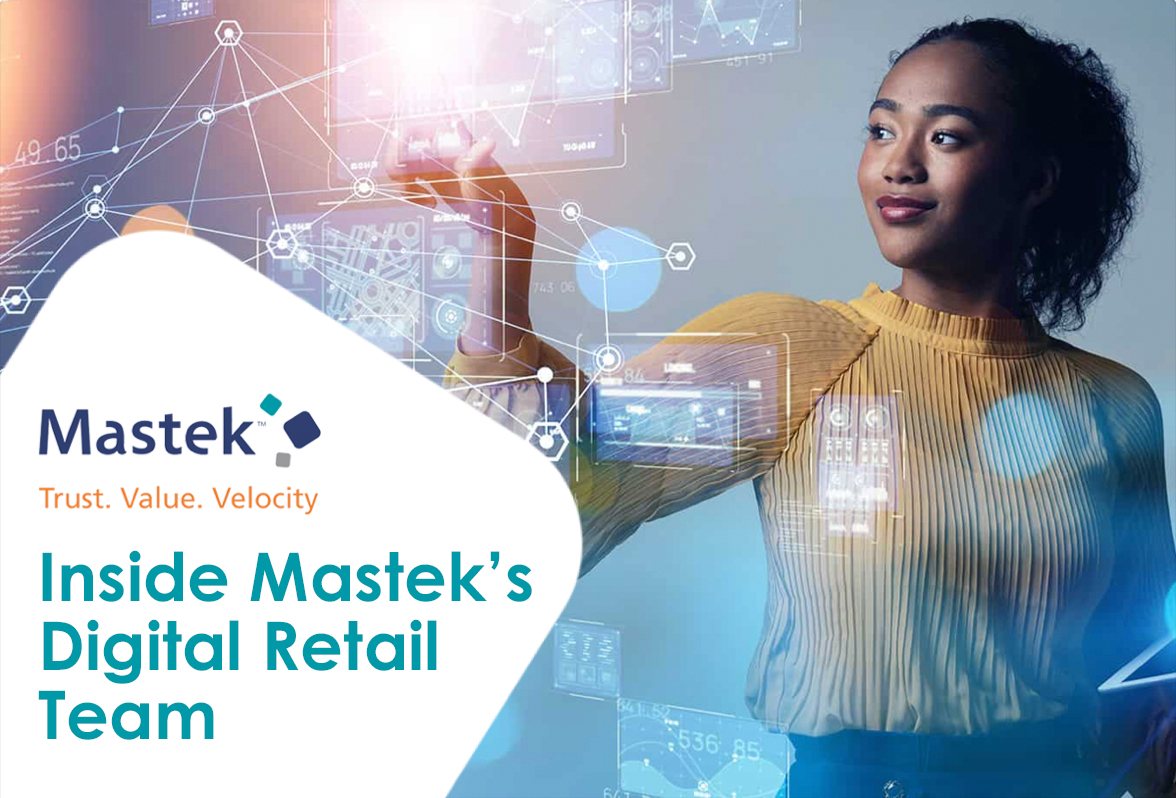Planning and structuring a survey
08-Aug-2023 05:04:24 / by Michael Watson posted in Digital Transformation, Digital Service Design, research
When should and shouldn’t we use surveys?
27-Jul-2023 08:17:39 / by Michael Watson posted in Digital Transformation, Digital Service Design, research
Why should we use surveys in user research?
24-Jul-2023 07:53:20 / by Michael Watson posted in Digital Transformation, Digital Service Design, research
The Benefits of Cloud Native Platforms for Small to Midsize Mortgage Companies
06-Jun-2023 05:36:54 / by Vilas Prabhu posted in Financial Services, Digital Transformation, mortgages
How Small to Midsize Mortgage Lenders Can Drive Incremental Change with Cloud Native Platforms
29-May-2023 01:24:54 / by Vilas Prabhu posted in Financial Services, Digital Transformation, mortgages
The Limitations of Traditional Mortgage Lending for Small to Midsize Lenders
22-May-2023 01:22:29 / by Vilas Prabhu posted in Financial Services, Digital Transformation, mortgages
Small to Midsize Mortgage Lenders: When Customer Experience and Technology Collide
17-May-2023 07:32:26 / by Vilas Prabhu posted in Financial Services, Digital Transformation, mortgages
Digital Transformation to connected enterprise with Emerging Technologies
14-Apr-2023 01:31:15 / by Chandrakant Deshmukh posted in Digital Transformation, IoT, edge computing
Digital transformation has become a buzzword in recent years as businesses seek to modernize their operations and stay competitive in an increasingly digital world. However, digital transformation is more than just adopting new technologies. It is a strategic and cultural shift that requires organizations to rethink their business models, processes, and customer interactions.
One of the key aspects of digital transformation is the integration of emerging technologies to create a connected enterprise. By leveraging technologies such as the Internet of Things (IoT) and edge computing, businesses can optimize their operations, improve customer experiences, and increase efficiency.
IoT is a network of devices, sensors, and other objects connected to the internet, allowing for real-time data collection and analysis. This technology can be used in various industries, from manufacturing to healthcare to retail. By implementing IoT, businesses can gain valuable insights into their operations, identify inefficiencies, and improve their overall performance.
Edge computing is a distributed computing architecture that brings computation and data storage closer to the data source. This allows for faster processing and reduced latency, making it ideal for real-time applications such as IoT. By implementing edge computing, businesses can improve their response times, reduce bandwidth costs, and improve overall performance.
Businesses must take a strategic approach to implement digital transformation and create a connected enterprise successfully. This involves identifying the best partner to meet their specific needs, developing a roadmap for implementation, and creating a culture of innovation and experimentation.
In conclusion, digital transformation to a connected enterprise with emerging technologies can bring many benefits to businesses, including improved efficiency, enhanced customer experiences, and increased competitiveness. Realizing these benefits at scale becomes possible with ai for digital engineering, which enables seamless integration of intelligent systems, rapid solution prototyping, and accelerated engineering delivery. However, it requires a strategic and cultural shift and careful consideration of the impact on stakeholders.
By embracing digital transformation and its opportunities, businesses can position themselves for success in the connected age.
Inside Mastek – Our people
24-Jan-2023 05:27:38 / by Darrell Harvey posted in Retail, Retail Tech, Digital Transformation, Digital commerce, ecommmerce
Smarter Government and Digital Transformation with Oracle CX Cloud
19-Dec-2022 01:51:24 / by Mohammed Aleemulla posted in Government Tech, Digital Transformation, Customer Experience
Need for CX in Local Government
.jpg)






